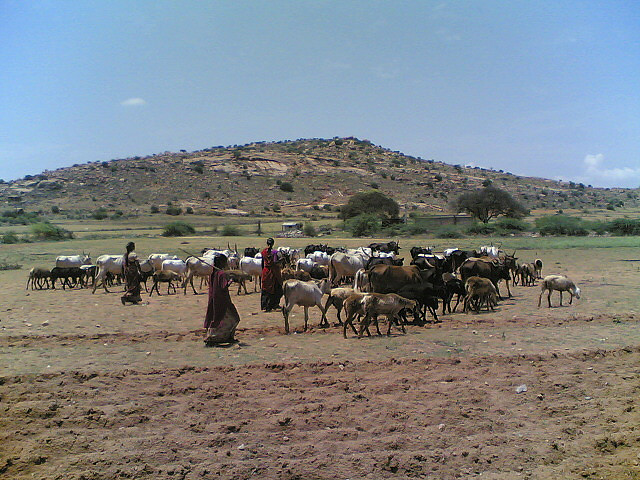Droughts, Government Failures Continue in India
As massive droughts continue to affect much of central and south India, the Supreme Court has urged the central government to provide relief to the citizens affected, citing that a dry monsoon season and a hot summer will only aggravate problems. India is expected to have rainfall below mean levels during the monsoon season for the third consecutive year. This year could be particularly devastating, as the coming summer drought is predicted to be the worst in a century. The effects of the drought have already been demonstrated with the deaths of scores of Indians in the scorching heat. The states of Telangana and Andhra Pradesh have already reported 66 and 45 deaths, respectively, due to the drought conditions. However, the heat alone is not the only danger to Indians. Decreased water supply due to the drought could also reduce irrigation efficiency. This problem is further exacerbated by the fact that most of the drought-affected regions are in the rural breadbasket of the subcontinent. The resulting decreased crop yields and increased prices could deal a major blow to the largely agrarian Indian economy. In addition, the reduced water supply has caused hospitals to shut down surgical procedures.

Another object of criticism during the drought has been the Indian Premier League (IPL)—an 8-team cricket league which has quickly become the most lucrative league in the world. As the league kicks off its 9th season this week, it has been criticized significantly for over-consumption of water. In Maharashtra, two IPL franchises have been urged to relocate their matches to other locations. Maharashtra in particular has been severely affected by the droughts, and many farmers in the state have been driven to suicide by the poor economic prospects. Critics say that institutions such as the IPL cater to the needs and desires of India’s wealthy citizens rather than those who are in need of help.
However, this trend of ignoring the plight of the working class extends beyond sports leagues. In light of recent economic struggles, the Reserve Bank of India (RBI) Governor Raghuram Rajan has lowered interest rates. Measures such as reducing the interest rates only help parties that have access to the financial system. Lowering interest rates does little for farmers who have already been burdened with insurmountable debt and have limited access to traditional financial networks. The RBI and the Indian Government as a whole have also been criticized significantly for their inability to act during droughts.
The Central Government would be better served with creating contingency plans for combating droughts rather than attempting to address the problem after it has already begun. Implementing programs to establish water reserves and creating safety nets for farmers, for instance, would be much more effective than the government’s current policy.
